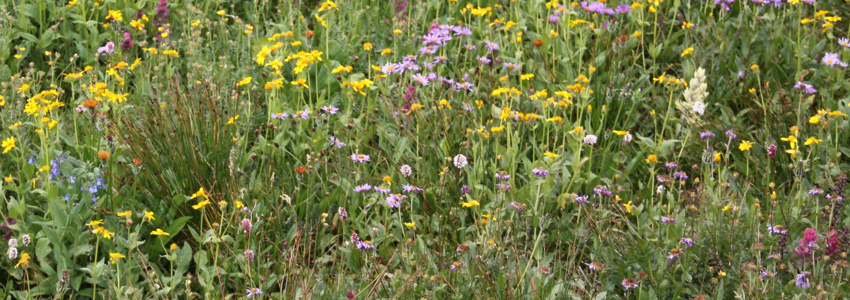This is indirectly related to our ongoing Thursday night series Tending the Garden, which focuses on creation. Today (now yesterday) I have been thinking about these well-known verses:
“See how the flowers of the field grow. They do not labor or spin. Yet I tell you that not even Solomon in all his splendor was dressed like one of these. If that is how God clothes the grass of the field, which is here today and tomorrow is thrown into the fire, will he not much more clothe you—you of little faith?” (Matthew 6: 28-30).
In context, these verses are meant to remind us of the care and provision God has for each of us, and for us to have faith and not to be anxious about our basic needs. Fair enough, but viewed from a slightly different angle, this passage also has important things to tell us about creation and our relationship to it.
It Speaks of the Glory and Beauty of Creation
“On the sixth day of Creation God looked on all he made and saw that it was very good” (Genesis 1:31).
God has created a world in which even the lowly wildflowers reflect his beauty and glory! The Prophet tells us the whole earth is full of God’s glory (Isaiah 6:3). The psalms repeatedly speak of the earth belonging to the Lord (24:1 for example), and of the earth revealing God’s love and glory (as seen in Ps 33:3 and 72:19).
It Tells of God’s Continuing Care
Our God not only created, he continually cares for and provides for the earth. Psalm 104 declares “The eyes of all look to you, and you give them their food at the proper time. You open your hand and satisfy the desires of every living thing” (104:15-16). Both Colossians 1 and Hebrews 1 tell us it is through Christ that God actively upholds and sustains all things.
As I mentioned above, the purpose and intention Jesus had in these verses is to remind us of the care God has for each of us. The lilies of the field serve as a lovely and powerful illustration of that truth.
It Gives Us a Reason to Care
God loves and cares for creation. God loves and cares for us. In caring for creation, we are tapping into and reflecting the love and concern God has for all he has made. That it is enough. It really is that simple.
Concern for creation need not be about environmentalist activism or political causes. It need not be driven by apocalyptic warnings or economic fears. We care about creation because God loves and cares for it. We do so because “The earth is the Lord’s, and everything in it” (Psalm 24:1). That is enough. It really is that simple.
See you Sunday!
-Bill


